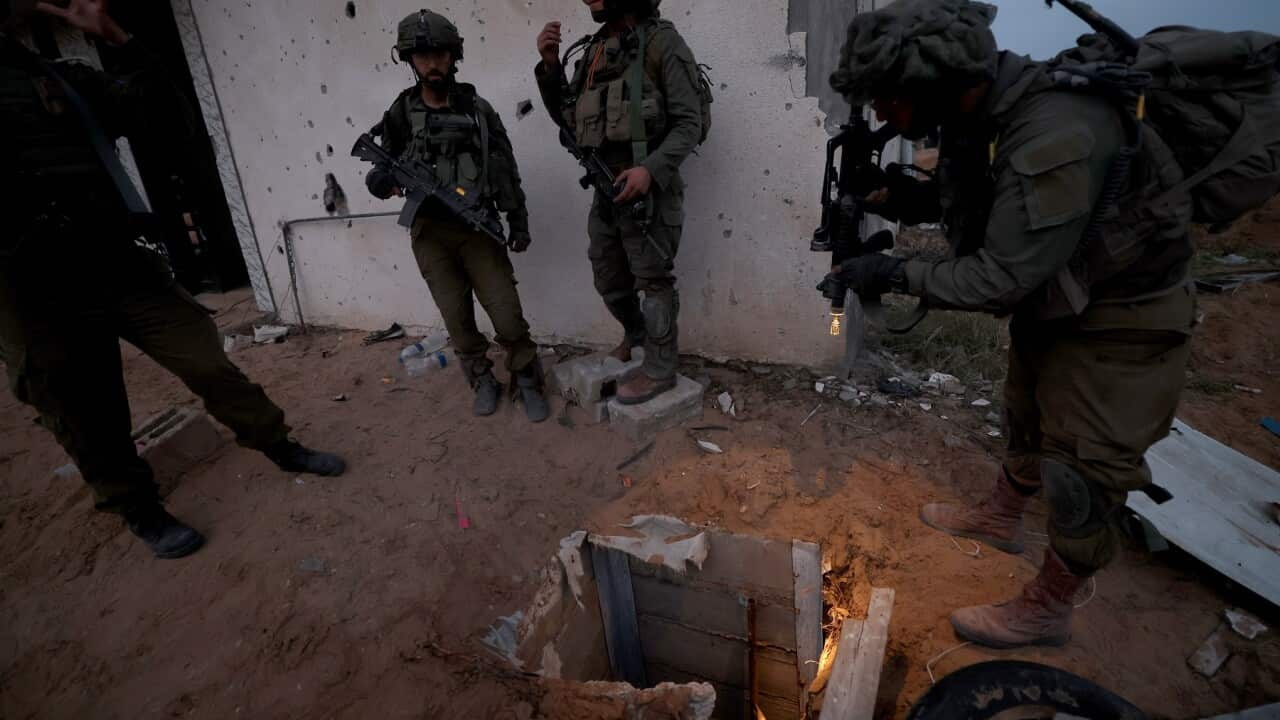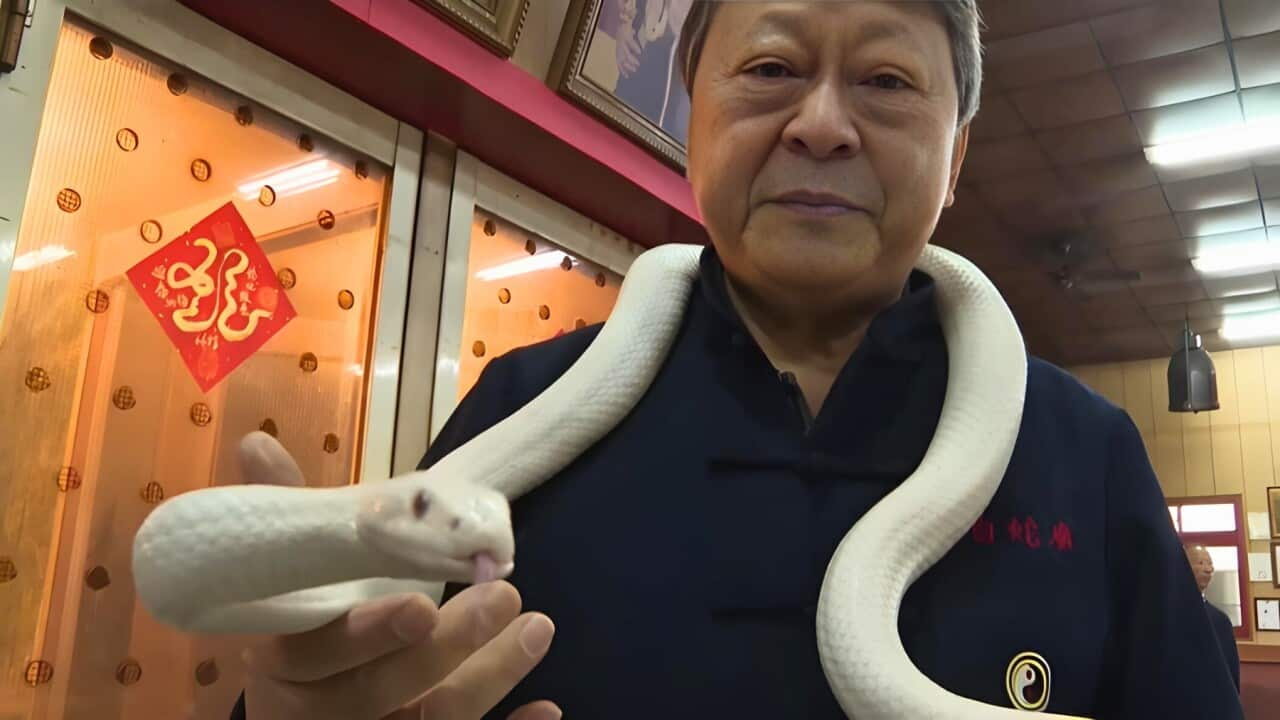TRANSCRIPT
Fierce fighting has been reported in Jabalia in northern Gaza, after the Israeli military went back into areas where it says Hamas had regrouped.
Residents who fled say they've seen tanks advancing towards Jabalia's refugee camp, which has come under heavy bombardment.
The United Nations says Gaza's health ministry has updated its breakdown of the death toll, after Israel questioned a sudden change in numbers.
United Nations spokesman Farhan Haq says the toll is still more than 35,000 but the ministry's figures now reflect a breakdown of the more than 24,500 (24,686) deaths of people who have been fully identified.
"The overall number of fatalities that's been tallied by the Ministry of Health in Gaza, which is our counterpart on dealing with the death tolls, that number remains unchanged and it's at more than 35,000 people since October 7th. What's changed is the Ministry of Health in Gaza has updated the breakdown of fatalities for whom full details have been documented."
The United States is reiterating its concerns about Israeli military actions in Gaza using US weapons which it has suggested could give rise to a new generation of anti-American militants.
Nearly half a million Palestinians have been displaced in recent days by escalating Israeli military operations in southern and northern Gaza.
White House National Security Adviser, Jake Sullivan, says the US has hard-won experience in counter-insurgencies and it's something the US has talked to the Israelis about.
"We have painful experience in counterinsurgency campaigns, fighting terrorists in urban environments and populated areas. And we know that it is not as simple as executing a military operation and calling it a day. As I said in my opening comments, military operation has to be connected to a political plan for the day after so that there is a clear alternative, and there's governance and there's security and all of the steps you need to take to finally and fully defeat a hardened, entrenched terrorist foe."
It comes as the United Nations says one of its security officials has been killed and another injured when their vehicle was hit in Rafah, on its way to a hospital.
They did not say who was behind the attack.
Meanwhile, Hezbollah leader Hassan Nasrallah has vowed the Lebanese militant group will keep fighting the Israeli military on the Lebanon-Israel border in order to support its Palestinian ally Hamas in Gaza.
Hezbollah and Israel have traded fire on a near-daily basis along the border since the war in Gaza started seven months ago.
Tens of thousands are displaced along the border in both countries.
Mr Nasrallah says militant activity from Hamas’ allies in Iraq, Yemen, and Lebanon - all of which are backed by Iran - have pressured Israel’s military during its war in Gaza.
“The solution is that if you want to fix the situation, we tell the (Israeli) settlers of the north: ‘Go to your government and tell them to stop the war on Gaza'. The Lebanese front’s first and main objective is to stop the participation of the enemy pressure on Gaza and that is why there is a link between the two frontlines.”
He says Israel is now at a dead end in their operation in Rafah, as they struggle to dismantle Hamas.
But Israeli Prime Minister Benjamin Netanyahu has vowed to continue strong action against Hamas while attending Memorial Day ceremonies held in honour of fallen soldiers and Israeli civilian victims of hostilities.
"We're not forgetting for even a moment the hostages. We are working tirelessly to bring them back, the living and the dead alike. To bring them all home. We have already brought half of them back, and we will have all of them returned."
Israeli protesters have blocked aid trucks headed for Gaza, spreading food packages on the road at a checkpoint, west of Hebron in the Israeli-occupied West Bank.
The Israeli protest group Tzav 9 has claimed responsibility for the incident and other attacks on food convoys bound for Gaza - saying no aid should enter until all Israeli hostages are released by Hamas.













